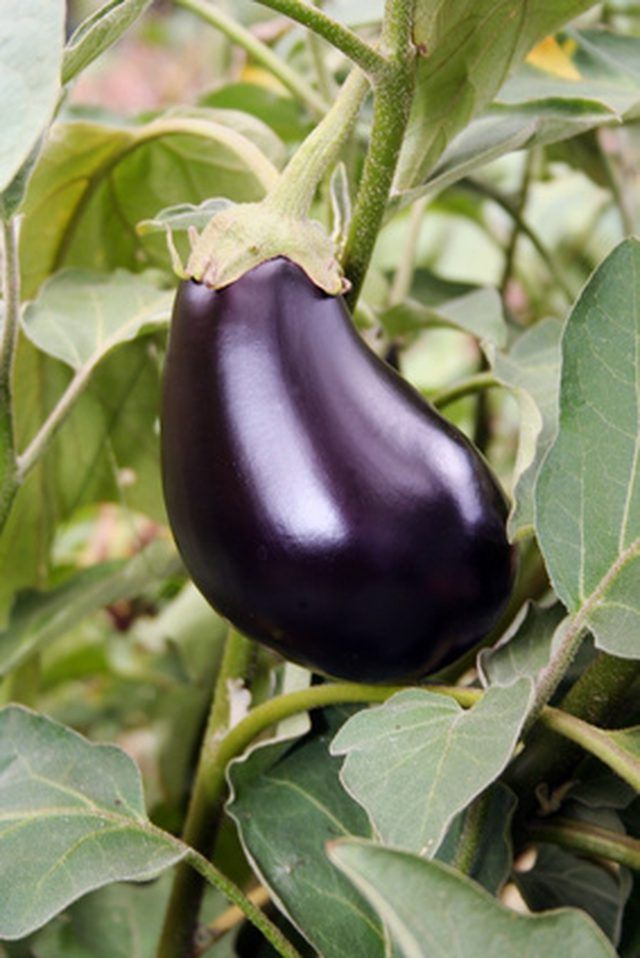Bulbs
Flower Basics
Flower Beds & Specialty Gardens
Flower Garden
Garden Furniture
Garden Gnomes
Garden Seeds
Garden Sheds
Garden Statues
Garden Tools & Supplies
Gardening Basics
Green & Organic
Groundcovers & Vines
Growing Annuals
Growing Basil
Growing Beans
Growing Berries
Growing Blueberries
Growing Cactus
Growing Corn
Growing Cotton
Growing Edibles
Growing Flowers
Growing Garlic
Growing Grapes
Growing Grass
Growing Herbs
Growing Jasmine
Growing Mint
Growing Mushrooms
Orchids
Growing Peanuts
Growing Perennials
Growing Plants
Growing Rosemary
Growing Roses
Growing Strawberries
Growing Sunflowers
Growing Thyme
Growing Tomatoes
Growing Tulips
Growing Vegetables
Herb Basics
Herb Garden
Indoor Growing
Landscaping Basics
Landscaping Patios
Landscaping Plants
Landscaping Shrubs
Landscaping Trees
Landscaping Walks & Pathways
Lawn Basics
Lawn Maintenance
Lawn Mowers
Lawn Ornaments
Lawn Planting
Lawn Tools
Outdoor Growing
Overall Landscape Planning
Pests, Weeds & Problems
Plant Basics
Rock Garden
Rose Garden
Shrubs
Soil
Specialty Gardens
Trees
Vegetable Garden
Yard Maintenance
Growing Eggplant Indoors
Growing Eggplant Indoors. A member of the nightshade family, the eggplant (Solanum melongena) is a warm season vegetables that loves heat but has no tolerance for frost. Highly temperamental, eggplant prefers to grow in outdoor temperatures between 70 and 85 degrees Fahrenheit. Outdoor growers face a variety of diseases such as verticillium wilt...

A member of the nightshade family, the eggplant (Solanum melongena) is a warm season vegetables that loves heat but has no tolerance for frost. Highly temperamental, eggplant prefers to grow in outdoor temperatures between 70 and 85 degrees Fahrenheit. Outdoor growers face a variety of diseases such as verticillium wilt and anthracnose. Aphids, beetles and white flies can also be a problem. Grown indoors, eggplant thrives with proper care and is less at risk of developing disease or attracting insects.
Things You'll Need
Starter tray with plastic lid
Organic potting soil
Grow light
Plant heating pad
Spray bottle
Small pots, 4-inch diameter
Fertilizer
Soft-bristled paintbrush
Pots, 5-gallon
Bamboo stake
Elastic twine
Sow the eggplant seeds in a starter tray filled with organic potting soil. Press one eggplant seed 1/8 inch into the soil of each cell.
Mist the soil lightly with water from a spray bottle. Cover the starter tray with its plastic lid. Lift the lid periodically to moisten the soil during germination.
Set the starter tray under a grow light, which will mimic the sun. Set the grow light to run for a minimum of 12 hours per day, at a distance of 6 inches above the tray.
Place a plant heating pad set to 75 degrees Fahrenheit underneath the tray. Maintain moist soil, warmth and supplemental lighting until the eggplant seeds sprout -- usually in about seven to 14 days.
Remove the lid from the tray as soon as the seeds sprout. Continue to mist the soil, and supply warmth from the heating pad and light from the grow light as the eggplant seedlings grow.
Fill the 4-inch pots with organic soil. When the seedlings reach a height of 1 inch, transplant to the pots. Water deeply, allowing the water to flow through the soil and out the drainage holes. Water the eggplants each time the top inch of soil dries out.
Apply a 5-10-10 fertilizer to the soil in the pots, according to the manufacturer's instructions.
Transplant the eggplants into individual 5-gallon pots when they outgrow their 4-inch pots. Each 5-gallon pots will sustain one eggplant for the duration of the growing process. Press a 2-foot bamboo stake into the soil to support the eggplants. Attach the eggplants to the stake using elastic twine.
Assist eggplants with the pollination process by gently brushing the flowers with a soft-bristled paintbrush twice a day. Eggplant pollination relies on wind when grown outdoors. Indoors, you will have to brush the flowers to mimic the wind.
Tips & Warnings
Harvest the eggplants as they ripen. Eggplants turn a deep shade of purple when ripe.
Do not over-water the eggplants in their pots. Standing water in the pots can cause the roots to rot. If the soil feels moist at a 1-inch depth, do not add more water.